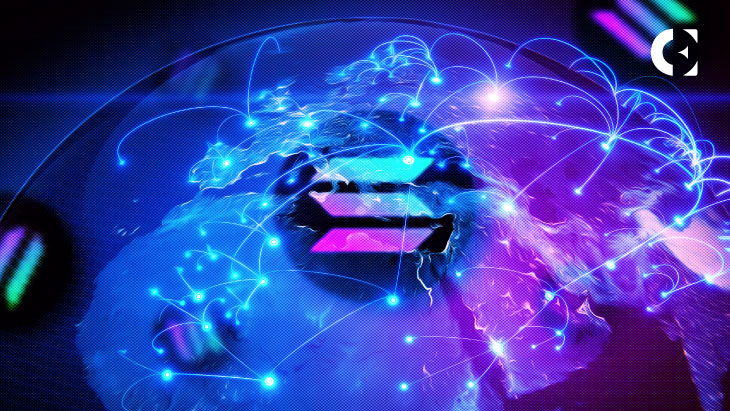- Solana has announced its plan to improve the latest network upgrades.
- The plan was an immediate response after the network-wide slowdown in block production experienced after the recent 1.14 network update.
- Anatoly Yakovenko, the co-founder of Solana Labs, stated that the plan focuses on maintaining stability as the network resumes its transition.
Solana, the public blockchain platform, has released its plan to improve the network upgrades as an immediate response to the network-wide slowdown in block production experienced after the recent 1.14 network update of February 25.
Notably, Anatoly Yakovenko, the co-founder and CEO of Solana Labs, released a statement on February 28, about the blockchain ecosystem’s plan to boost the latest network upgrades. As per the released statement, the plan focussed on maintaining stability as the network resumes its transition.
According to the shared post, Solana faced grave issues related to the “invalid gas metering, lack of flow control for transactions, lack of fee markets, spiraling ram, storage and restart overhead” a week ago. Furthermore, Anatoly Yakovenko stated:
Delivering a fast, reliable, and scalable network to move toward a better, decentralized web remains a top priority. The issues around last week’s 1.14 network update — which focused on improvements for speed and scale — made it clear how maintaining stability during these major updates remains a challenge.
Interestingly, the released statement proposed a six-step plan for core engineers to aid streamline the software release process. Moreover, the statement also announced the formation of an adversarial team which includes one-third of the Solana engineering team.
In fact, as per the statement, the Solana Labs core engineering team was devised not only to construct additional hooks but also to build “instrumentation into the validator code to help find exploits across the underlying protocols.”
Additionally, it could aid to find ways to concentrate on building network-wide stability. Among other attempts, the creation of network stability also includes the Mango DAO developer’s attempts at building new tooling, implementing local fee markets, and the development of a second validator client by Jump Crypto’s Firedancer team.
Disclaimer: The information presented in this article is for informational and educational purposes only. The article does not constitute financial advice or advice of any kind. Coin Edition is not responsible for any losses incurred as a result of the utilization of content, products, or services mentioned. Readers are advised to exercise caution before taking any action related to the company.







